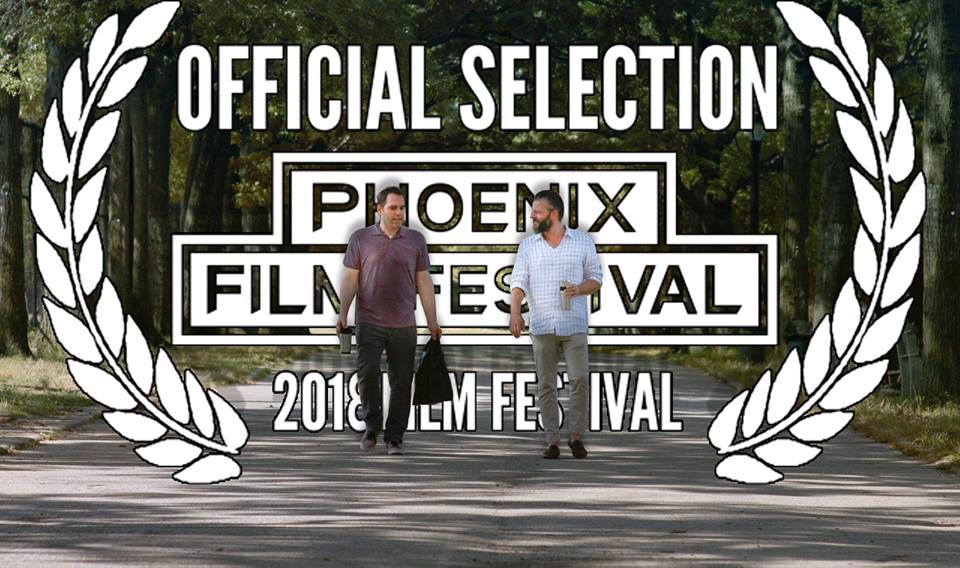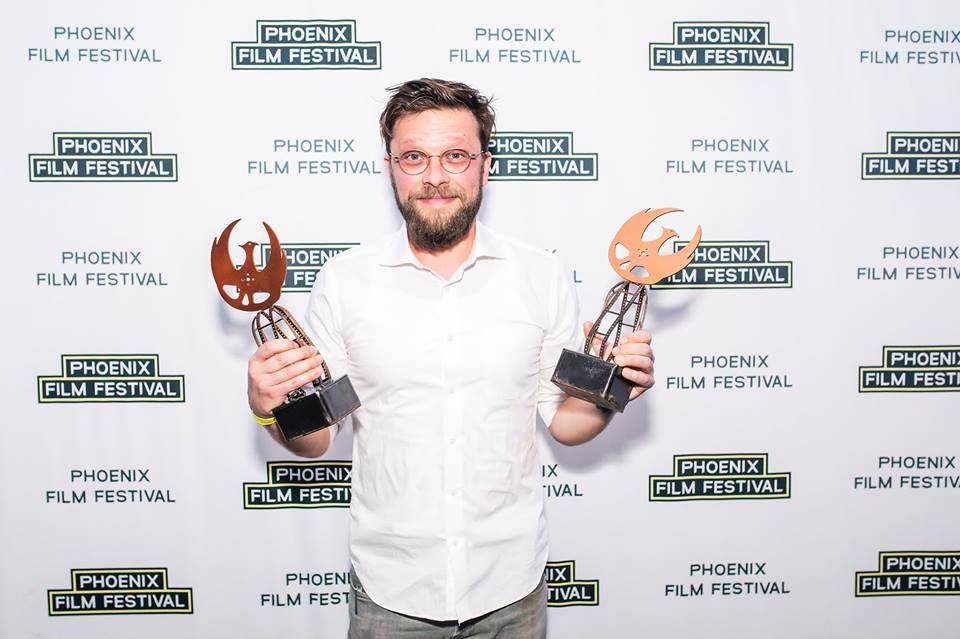Gloria Bell
Directed by Sebastian Lelio
Screenplay by Alice Johnson Boher and Sebastian Lelio, Story by Sebastian Lelio
Starring Julianne Moore, John Turturro, Michael Cera, Caren Pistorius, Brad Garrett, Jeanne Tripplehorn, Sean Astin, Holland Taylor
There is a moment in 2015’s “Freeheld” in which Julianne Moore turns to her police partner Dane Wells (Michael Shannon) in which she breaks down, unable to deal with the terminal cancer diagnosis she faces. It was in that film that I recognized Ms. Moore’s ability to transform herself into a character that I cared for and about; I wanted to see more of her range.
In the reimagining of his own film, “Gloria,” Sebastian Lelio’s story affords us the opportunity to, once again, see Ms. Moore stretch beyond her boundaries as an actress, to transcend the screen. Not having seen Mr. Lelio’s original film from 2013, I cannot and will not attempt to compare the two films.
What I found exceptionally refreshing about Ms. Moore’s performance here was the range of freedom she expressed in the titular character of Gloria Bell. Gloria Bell is a divorced middle aged woman living in Los Angeles. We find her reserved in her ways, shy about putting herself out there to find another mate. She has friends and co-workers that she spends time with.
Her family life is also, well, let’s just say that it “is.” We also know that she dotes on her children, even though they are not receptive to said doting. She gets advice from her amazing mother, played by Holland Taylor.
And then she meets Arnold (John Turturro) in a club one night. The club scene is a signature Lelio moment. There was a vibrancy about the way Gloria and Arnold meet: it’s very tender and romantic while remaining convincing that there is a genuine spark between the two. Mr. Turturro plays his role with a twinkle in his eye. We know he’s looking, but we also know he’s not completely available, while Ms. Moore gives us the full package: “I’m here, I’m going to dance the night away (no, sorry that’s not an in-film reference to the Van Halen song) and I am going to release every inhibition I have away because it is here where I feel the most freedom.”
And yet, when Ms. Moore gives us her vibrant uninhibited best, it still manages to remain reserved because we know there is more to her than just a club dance. When we finally get to meet the rest of Gloria’s family, including her ex, Dustin (played with great humor by Brad Garrett) and his new wife (played by Jeanne Tripplehorn).
There is familial tension between Gloria and her children, especially with her son, Peter, who is going through his own marital problems. Lelio really pushed to establish the generational overburdening parents put on their children and the effects it has on future offspring. The other angle Lelio pushes is the way Dustin and Gloria are still into each other.
Unfortunately this storytelling decision made Gloria’s relationship with Arnold seem less important in the middle of the film, even though Mr. Lelio goes to lengths to keep us interested. It is Ms. Moore’s acting that really sells what would have been a much weaker character in another actresses’ hands.
Where the script sags in the middle, it picks up once again in the third act with a few twists that I really appreciated, again compliments of Ms. Moore’s performance. Mr. Lelio and Ms. Boher’s script really brings the character of Gloria Bell to life in a way that I hadn’t expected. And, even as she falls down, Gloria picks herself up by the bootstraps and ends the film on a very high note.
The film makes use of pop tunes that were at times a bit too on-the-nose, but they are nonetheless appreciated because they help carry the story and they complement Ms. Moore’s performance in a way that captures the vibrancy and immediacy that those moments in Gloria Bell’s life.
3 out of 4 stars














































